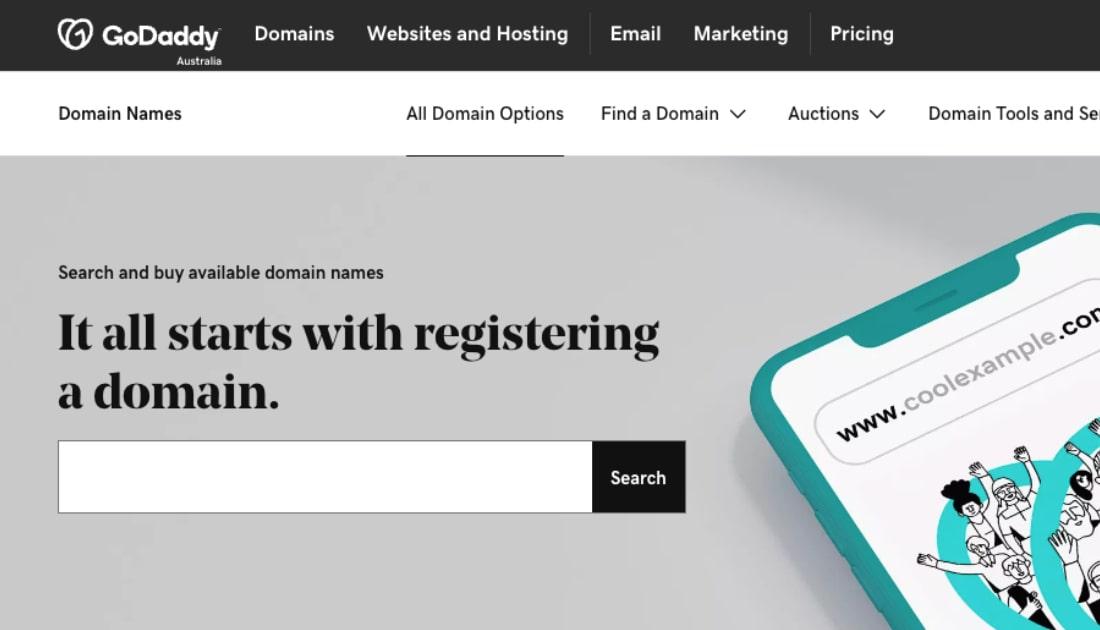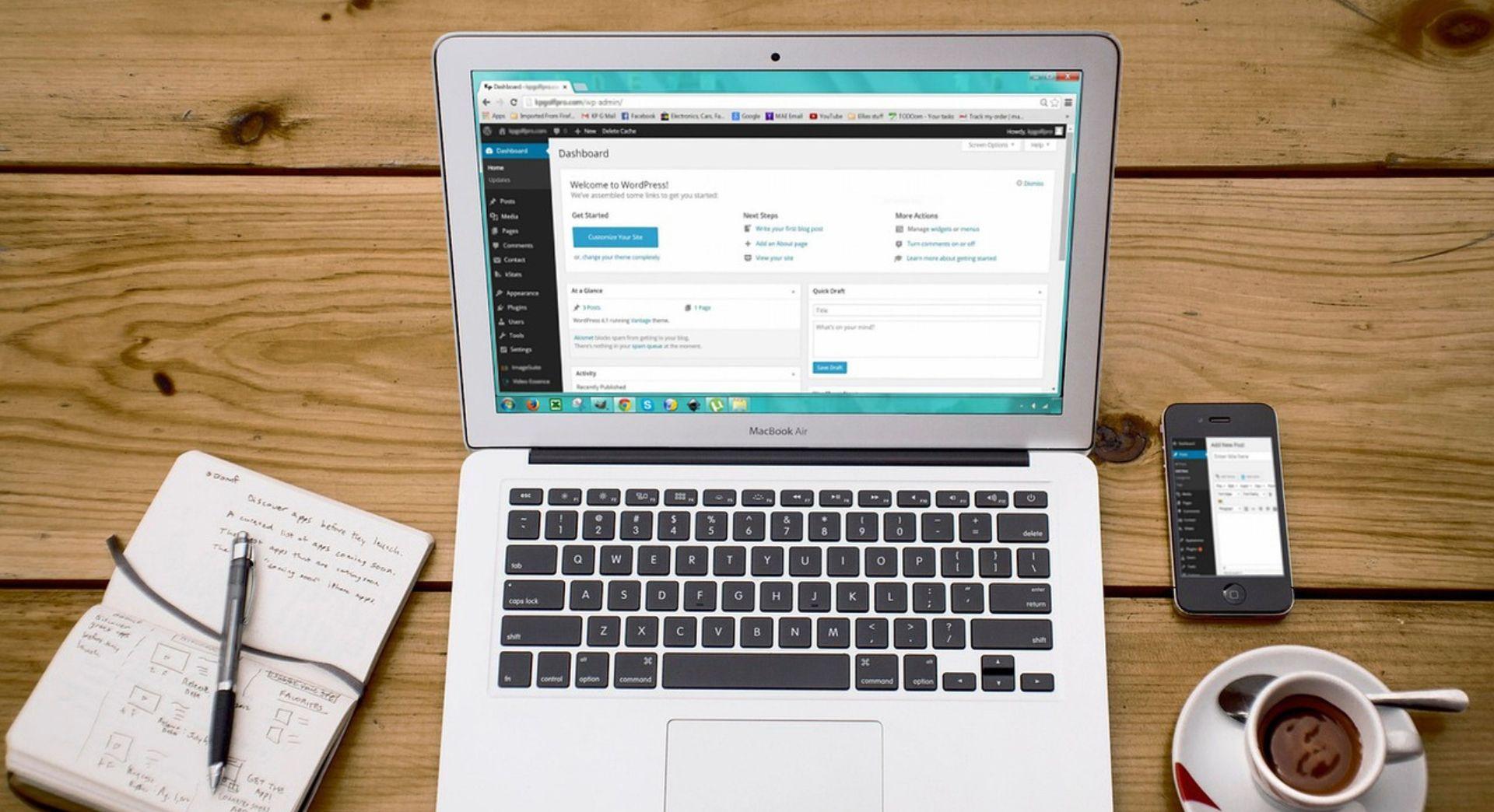Starting a business is a big undertaking, one that can be quite confusing and anxiety-provoking. First of all, there’s the naming. Do you choose an abstract name or something that reflects your service or offering? And what about registering it? Do you need a trade name, business name, company name or brand name?
Do I need a trade name, business name, company name or brand name?
In Australia, you must register your business with the Australian Securities and Investments Commission (ASIC) unless you use your legal name as your business name.
Registering your business reassures customers and suppliers that you’re a legitimate business. It’s also necessary for taxation, insurance and other legal requirements of running a business.
There are some marked differences between a trade name, business name, company name and brand name … and situations where using one is better than another. Let’s look at them below.
Trade name
If you want to trade under a specific name, you need to register it as a business name with the ASIC.
Before 2012, the ABR (Australian Business Register) permitted businesses to operate under a trading name.
Since 2012, your business name is the name you trade under. Trading names no longer fulfil the legal requirements of a registered business in Australia. Also, trading names will be taken off the Australian Business Register from November 2023.
Business name
This is the name you operate your business under. Business names must be registered with the Australian Securities and Investments Commission (ASIC). But before you can register a business name, you need an Australian Business Number (ABN).
Company name
This is a separate legal entity registered with ASIC. If you choose a company name, you must use the abbreviations Pty and Ltd at the end of your name e.g. ABC Pty Ltd. A company is registered when you decide it’s the best structure for your business (get help choosing the right business structure here). You’ll need an Australian Company Number (ACN) to do this.
Brand name

Creating a brand name is an option many businesses choose if they’re planning to operate different entities. For example, a company named ABC Business might have ABC Operations, ABC Logistics and ABC Security attached to it.
A brand name can also be used for a set of products and/or services within your business. If you’re offering two unrelated services, having them as separate brands helps you create marketing relevant to your target audience for each brand.
It’s important to consider trademarking for your brand names. This will provide legal protection from copycat businesses that might otherwise siphon customers away from you.
Tips on choosing a name you’ll love for life
If you’re struggling to come up with a business name, start by making a list of words that resonate with you, your background, culture, history or your values. It’s also good to include words related to your industry and the products or services you plan to provide.

This will give you a starting point to creating a short list of your favourites.
Think about what makes them stand out. It’s worth considering creating your own words, as long as they make sense for your what you do, like Pinterest or Groupon.
There are also plenty of online tools to help you:
- Try using a business name generator such as Anadea.
- Get inspired with tools like Wordnik, which provide definitions and related words.
If you have a love of foreign words, try entering your favourites into Google Translate and seeing what comes up.
Everyday words like flowers can become flores (Spanish), ziedi (Latvian), fleurs (French) or even blomster (Danish).
A good business name is memorable and easy to understand and will be able to grow with your company. If you name your business after just one product or service, it may limit your options to expand later.
The pros and cons of using your own name
Registering under your own name is a good option if you’re a consultant or run a business with few or no employees. Building your brand around who you are helps communicate likability, trust and personalised care.

- But be careful using your name (or your children’s names) for the business if you plan on selling down the track.
- It’s a lot harder to sell a personalised business name, and it can create issues for you as well if you want to start up another business under your own name, or a variation of it.
Some people think an abstract name is good, and this is true if you have the funds for strong marketing campaigns. But others think it’s useful if people can guess what you offer by your name.
From a search engine optimisation (SEO) perspective, a name that relates to what you do will be some help to both your customers and Google when they try and find you. For example Melbourne Plumbing Supplies will be more transparent to Google’s bots and humans than Plumb Inc.
You’ve found one or two winners!
Once you’ve found a name (or two) that you like, check the company name availability on the Australian Security and Investments Commission website (ASIC).
If the name you want has already been registered, try brainstorming ways to change it. For example, let’s say you chose Blue Fin Agency because:
- Blue is your favourite colour
- Fin reminds people of fast
- Your business is a marketing agency
To keep the connection with being fast and the colour, Azure Eagle Agency would work. Plus, you get the bonus of a memorable image to use in your logo. Who’s seen a blue eagle?
By thinking a little outside the norm and using words that explain your business, you’ll find a name that’s unforgettable. You can also boost your online visibility even more by creating a customized graphic using GoDaddy's free Logo Maker. It's quick, easy, and doesn't require any prior design knowledge to get started.
Last step: buy a domain name to match your business name
Once you’ve checked the company name availability with ASIC and know your name isn’t already taken, check to see if it’s available as a .com, .au or .com.au domain name. This will become the address of your business website and appear in your business email address too.
See if the domain name matching your business name is available right now
When it comes to marketing, consistency is key. So it’s preferable to get a domain name that matches your business name. Your customers will be confused if your business name is Poppy’s Biscuits, your web address is BiscuitsDelicious.com and your email is BakesByPoppy@gmail.com.
Remember to create social media accounts with names that match, too.
Congrats! Don’t forget to keep notes
Once you’ve found and registered your business name, make sure you save your details (including your ABN) somewhere handy on your desktop or phone. You’ll be needing them when you register for all the other business requirements. Happy naming!







